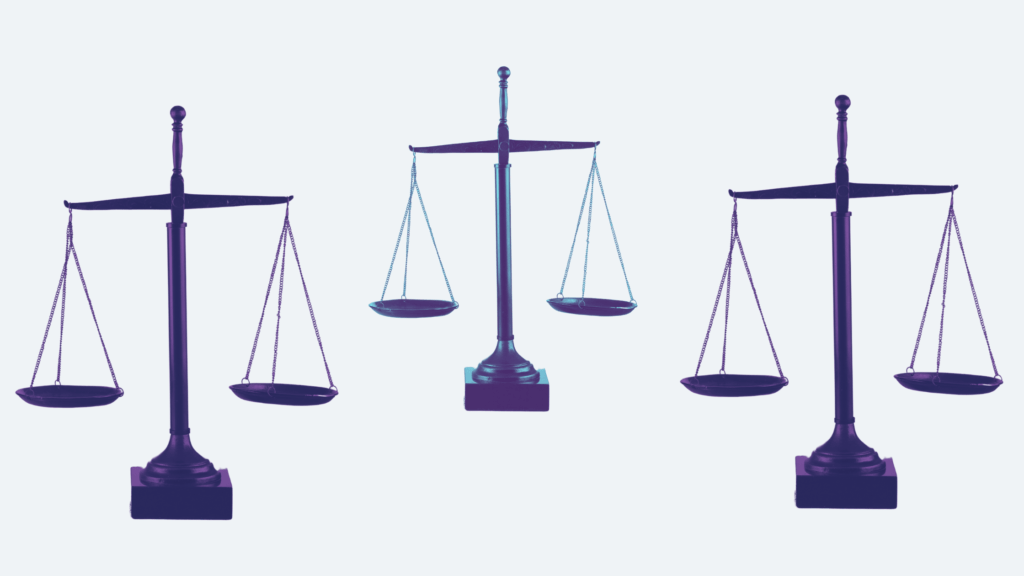“There’s a tremendous gap between public opinion and public policy” – Noam Chomsky
Before delving into the importance of studying public policy, let’s first define it and understand how it functions. Policy making is essentially a set of laws, directives, and steps that governments decide upon and implement in an effort to benefit the community at large. It can determine what laws are passed, how money is allocated, and what issues are of interest to the general public.
Why Should Citizens Know About Public Policy?
We have both the opportunity and the responsibility to participate in civic affairs as inheritors of an enduring democracy. As responsible citizens, we must know-how: the analytical, ethical, and practical skills required to engage in public affairs effectively. Consider this a lifetime obligation and enjoy it.
The study of public policy is crucial for participation because of the sheer magnitude, scope, and the cost of government action in society, the economy, and global affairs. As taxpayers, we should have vested interests in effective public policy and the overall role of the government. We also use a wide range of services, many of which we might not even be aware of.
The need for PR Professionals to study Public Policy
Every PR professional should know excellent communication, speaking, and writing. All three of these skills are necessary in order to build solid public relationships. Professionals must be able to effectively communicate with their clients, colleagues, and people in order to build trust. Strong writing skills allow them to create compelling narratives and communicate their message in a clear and concise manner. Appropriate message delivery is also critical in order to avoid bad publicity. Organizations often rely on positive and negative publicity in order to gauge the public’s reaction to their products and services.
But how will we curate our communication strategy unless we understand the big impact policy decisions can have on the economy, the environment, and social welfare. Client reputation, brand message, societal changes, and other elements like logos, marketing materials, communication activities, and brand visibility are all impacted by these decisions. PR professionals must have a strong understanding of public policy in order to effectively communicate with journalists and others in the field.
There are a number of social issues that need to be considered during the process of policy making. These issues can include climate change, economic inequality, and health care. Once we start understanding effects that it has on the economy, the environment, and social welfare, we will be more successful in managing client’s reputation.
For instance, Nonprofit entities, such as charities and environmental organizations, often have a significant impact due to certain policies. Policy analysts need to maintain government relations in order to build and maintain relationships with government officials, both at the local and national levels. Community affairs is the work that organizations do to promote the well-being of their local communities. Public Affairs managers are responsible for managing these relationships, often working with different departments within an organization.
Another recent example could be: During the pandemic, all e-commerce operations were halted and there was a clear division between essential and non-essential goods that disrupted the supply chain ecosystem across the country. For all PR professionals handling e-commerce brands, it was essential to understand state and government orders and propose communication strategy through real time information around policy measures.
Reputation Management During Crisis
Crisis communication is a critical public policy skill for PR professionals. When a company or organization is involved in a public policy issue, they must be able to effectively communicate with journalists and the public. Crisis communication includes understanding the media landscape, public’s interest in the issue, and crafting a response that is both effective and respectful. Awareness about brand’s integrity is another important skill that every PR professional should possess.
Additionally, it also helps PR Pros to consider the human rights implications of the policies that are being put into place. When analysing public policy, it is critical to consider public acceptance and ensure that they are comfortable with and supportive of the policy. If we are able to gather adequate evidence supported by reliable data, we can inform clients in advance if there is a possibility of a crisis. Given that we have social media that allows citizens to share their opinion instantly, gauging these circumstances in advance will help PR Pros tremendously.
Changing Public Opinion
Policies are made by politicians, who are elected by the public. Political reasons are important to consider when learning about public policy. Many people want to see a change in policy, and this is why learning about the different political reasons is so important. Specific policy issues are important to know and can help to identify the best policies to be put into place. When learning about these best policies, we can help to identify the best ways to change the public’s opinion. PR consultants can suggest clients’ certain campaign ideas that will reflect the change in public opinion.
Studying public policy helps PR Professionals learn how to think critically about policy issues and to develop solutions that are both effective and acceptable to the citizens. They can navigate or suggest certain strategic recommendations that will build their client’s reputation in the nation building process.

